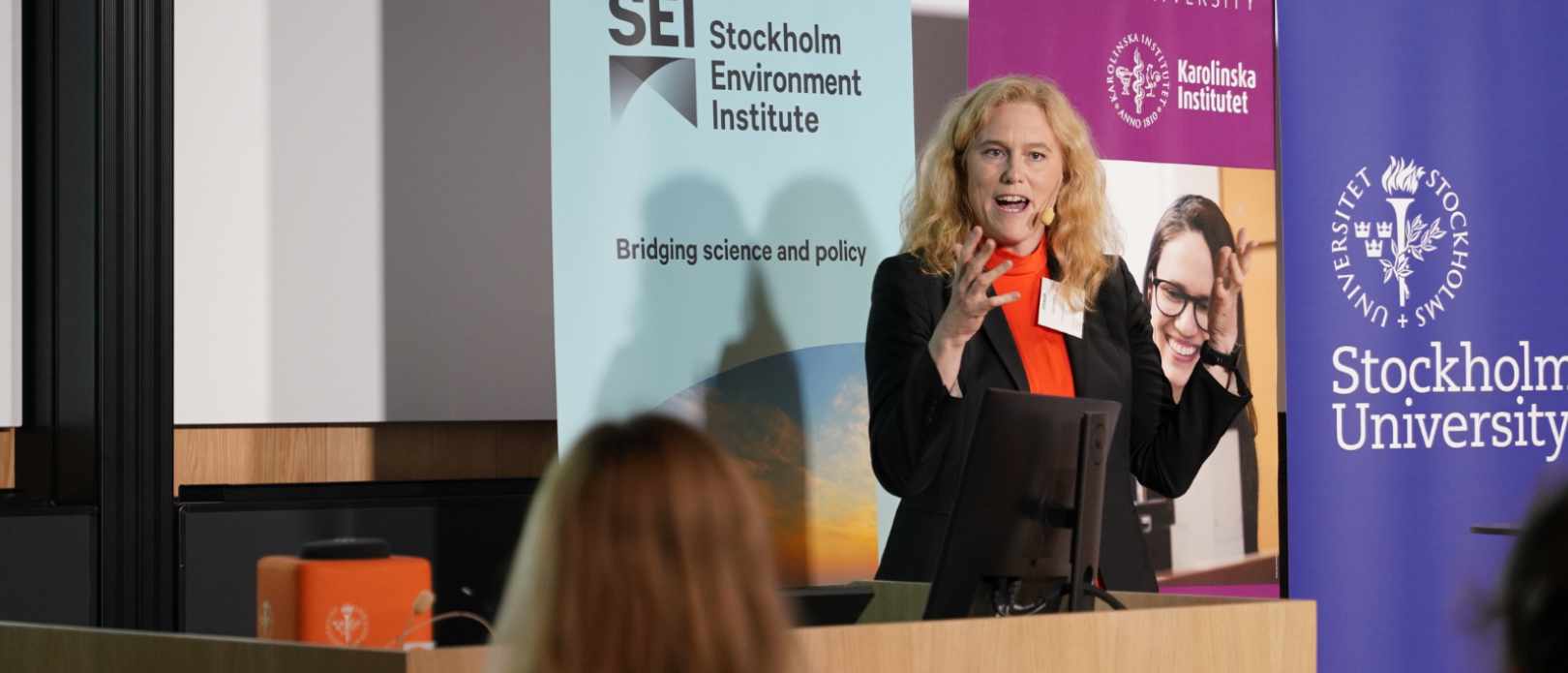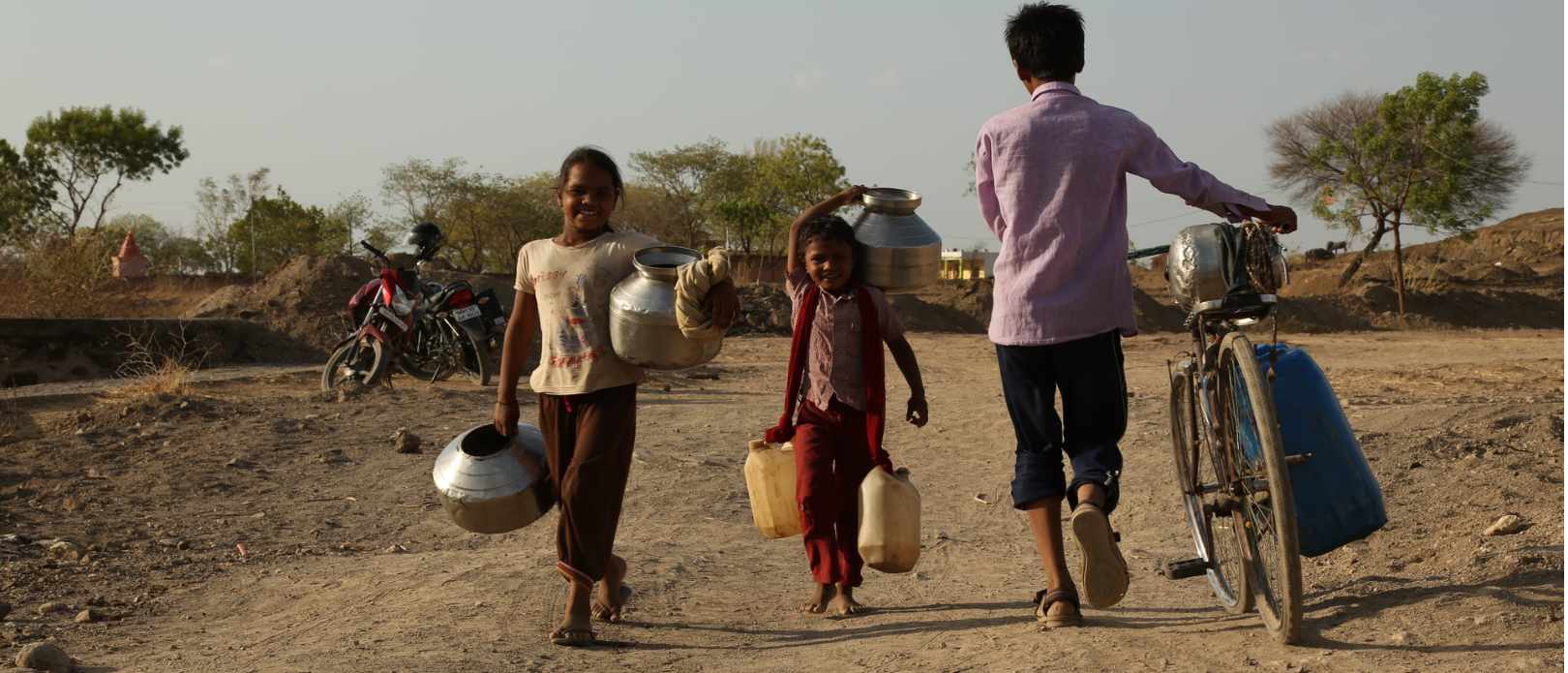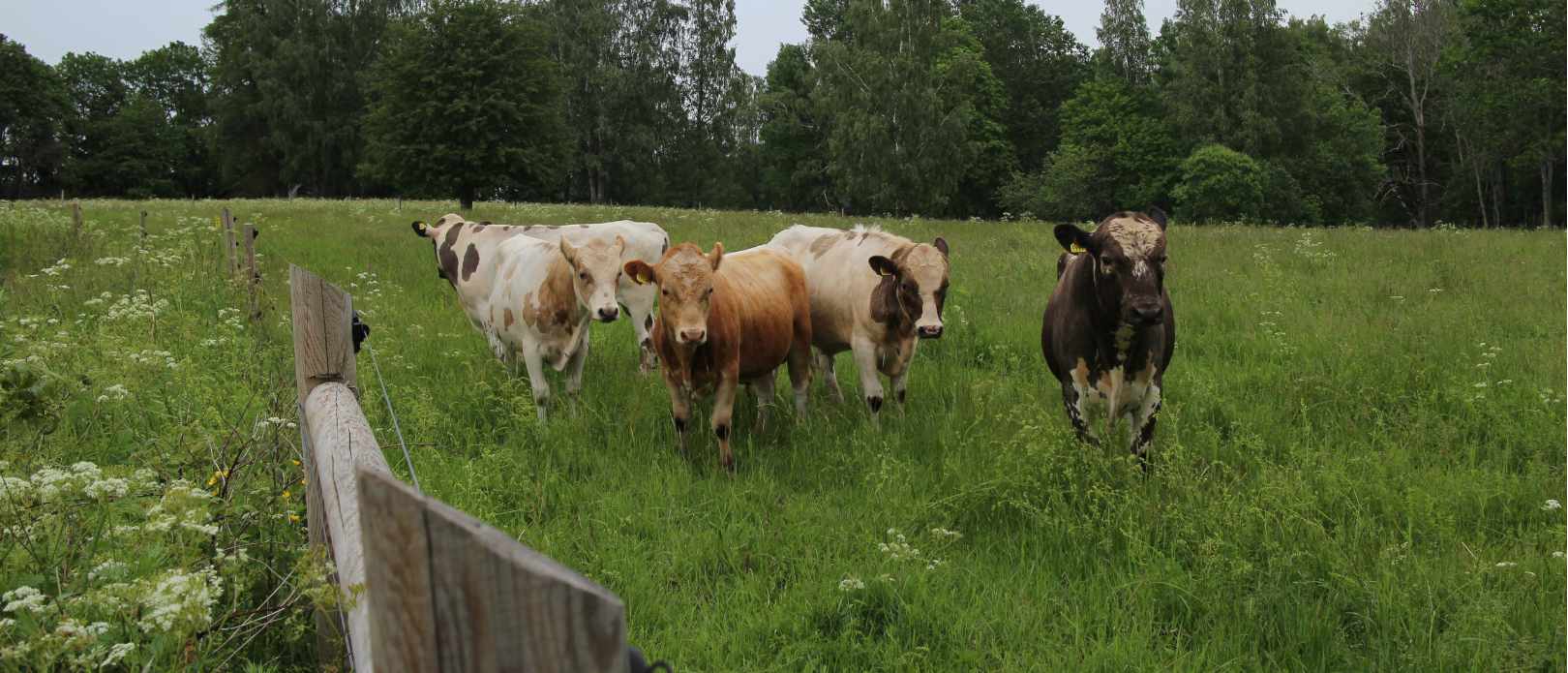FOOD SUSTAINABILITY
Amid new crises, a sustainable diet is still possible

Line Gordon calls for a transition of the global food system towards diets in which legumes, vegetables, fruits, and nuts replace large parts of the red meat and sugar that is currently consumed globally. Photo: J. Ernstberger
Despite the war in Ukraine and the Covid pandemic, feeding humankind a healthy diet is still possible, argues Line Gordon during Stockholm University’s Stockholm+50 conference
Text
“We are facing extremely difficult times,” centre director Line Gordon warned during the Sustainable planet, sustainable health conference organised by Stockholm University, Karolinska Institutet, KTH Royal Institute of Technology and Stockholm Environment Institute.
Global food systems are very vulnerable. Currently, mankind is for example heavily relying on only four food stuffs: wheat, rice, maize, and soybeans. About 60 percent of all calories consumed by humans come in one way or another from these four plants.
On top of that, pressure on these food systems is constantly increasing because of various social, environmental, and political crises.
Most recently, the global pandemic and the ongoing war in Eastern Europe put additional stress on global food systems which are already suffering from climate change and biodiversity loss.
Global food systems are very vulnerable and that’s an enormous challenge.
Line Gordon, director, Stockholm Resilience Centre
Provoke and exacerbate
Many of the world’s lower income countries depend on importing food, especially wheat, from Ukraine and Russia. But since the beginning of the war, trade from the two countries has been limited.
The result, many warn, could be widespread famine and social unrest. A recent report, that several of the centre’s researchers have been involved in, points to the multiple interactions between environmental and security issues.
A crisis in one aspect can provoke and exacerbate a crisis in another.
Diets and food production need to change radically
With this multitude of crises in mind, is it then still possible to feed ten billion people a healthy diet within the planetary boundaries?
“Yes”, said Gordon, “but only with huge changes to diets, production methods and if we manage to cut food losses and waste.”
Getting it right on food
These findings, firstly presented in the EAT-Lancet report from 2019, are still valid, Line Gordon argues.
The report calls for a transition of the global food system towards diets in which legumes, vegetables, fruits, and nuts replace large parts of the red meat and sugar that is currently consumed globally.
Additionally, agriculture must intensify sustainably and shift towards producing varied nutrient-rich crops, all while preserving natural ecosystems and halving the amount of food wasted.
A second EAT-Lancet report is expected to come out in 2024.








